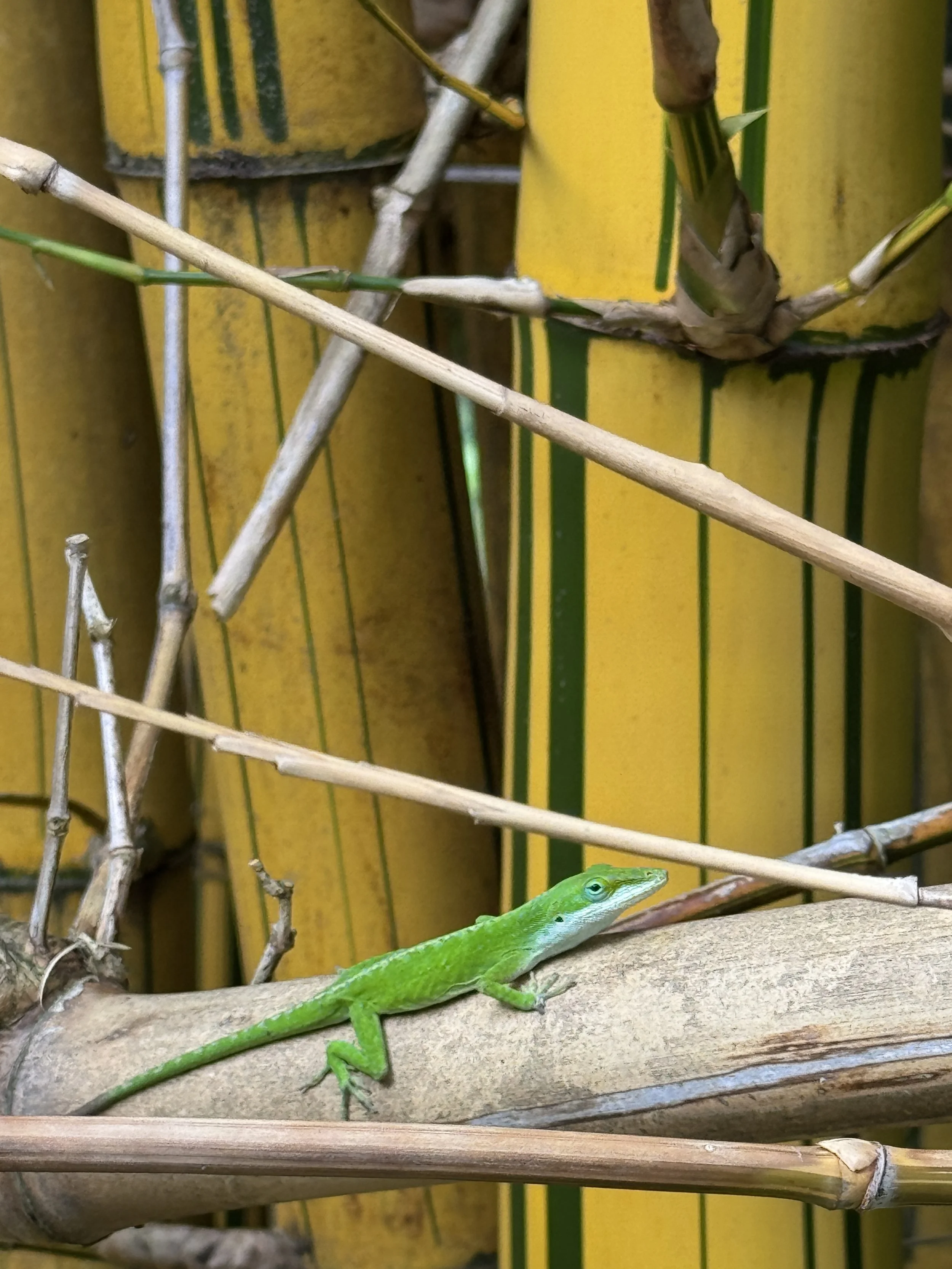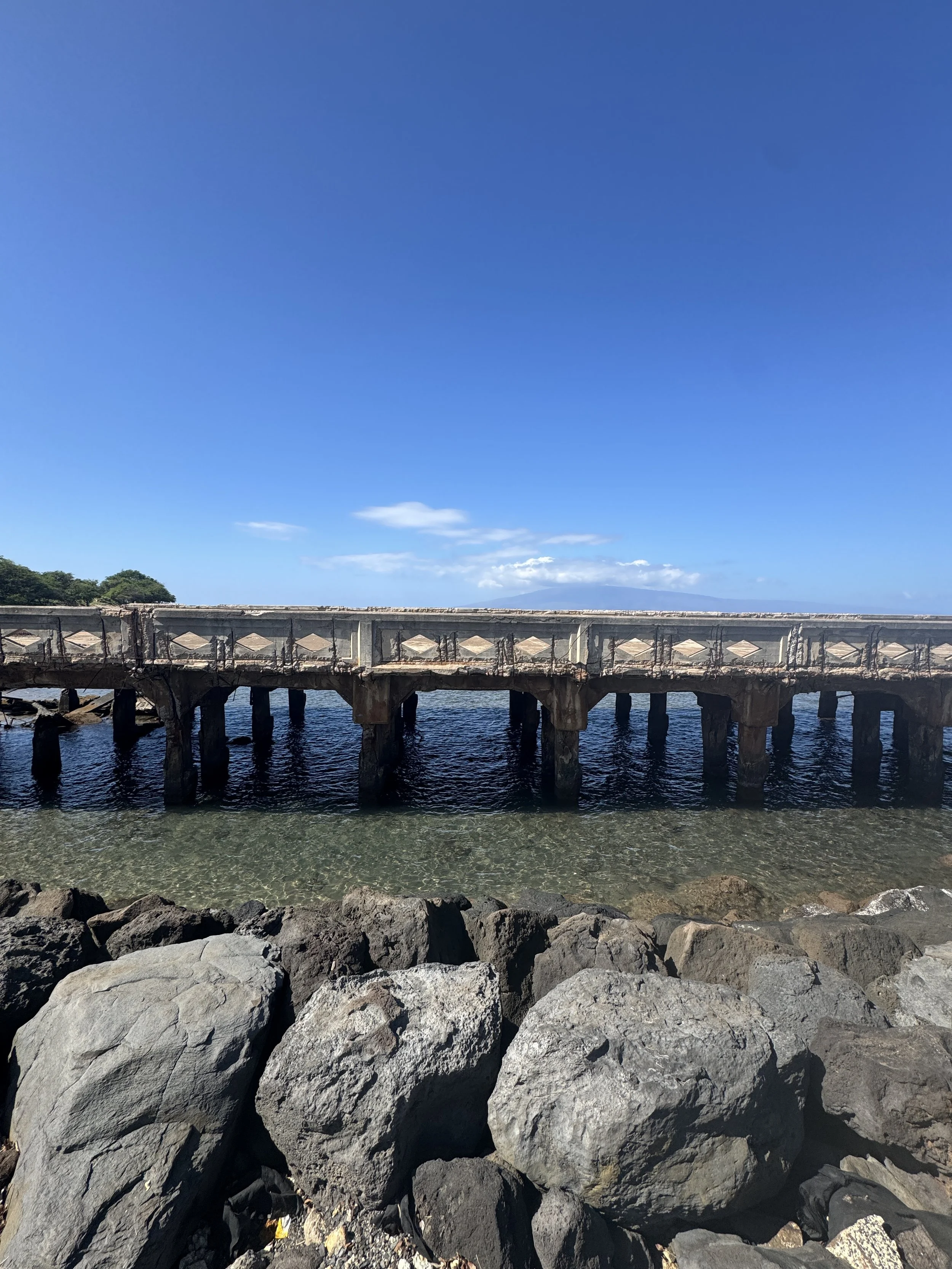Maui: A Case Study in Tourism Tension
While market research shows broad demand for regenerative tourism tools in general, Maui, Hawai‘i offers a live case study in how economic dependence, cultural pressure, and unclear visitor messaging can collide. As a high-traffic destination facing housing shortages, visitor skepticism, and regulatory backlash, Maui exemplifies the complexity of managing tourism in a way that protects both people and place.
The island’s current tourism landscape highlights the fragile balance between economic reliance and cultural resilience. Tourism remains vital to Maui’s economy, but residents are increasingly vocal about its long-term impacts on housing access, resource strain, and cultural integrity. The result is a polarized public dialogue — one shaped by both a dependence on visitor dollars and a desire to reclaim local control over how tourism is shaped and shared.
A 2025 article from Beat of Hawai‘i captures this tension, pointing to recent developments such as:
Vacation rental regulation efforts intended to ease housing pressure for residents but raising concerns about reduced lodging options and tourism revenue.
Visitor confusion and perception challenges, with unclear messaging around safety, local policies, and accommodations prompting some travelers to choose alternative destinations.
Divided community perspectives, with some residents pushing for tighter controls to protect culture and environment, while others emphasize the economic risks of reduced visitor flow.
Rooted Hawai‘i is designed to navigate and help ease these tensions. We’re not attempting to “solve tourism,” but we are attempting to shift its structure. The platform will offer visitors culturally grounded orientation, ethical travel guidance, and curated local experiences rooted in community values. It also will elevate local businesses through visibility tools that support alignment with local priorities.
Academic studies support the philosophy behind Rooted’s model. Ballantyne & Packer (2011), Herremans (2006), and others have shown that combining visitor education with meaningful contributions (such as access fees or volunteerism) significantly improves sustainability outcomes — not just for ecosystems, but also for host community well-being.
By realigning visitor behavior with local needs, Rooted creates space for a version of tourism that is transparent, balanced, and regenerative. In Maui, where these tensions are unfolding in real time, Rooted offers a practical path forward — one where tourism isn’t rejected, but reshaped to better serve the people and their communities.





